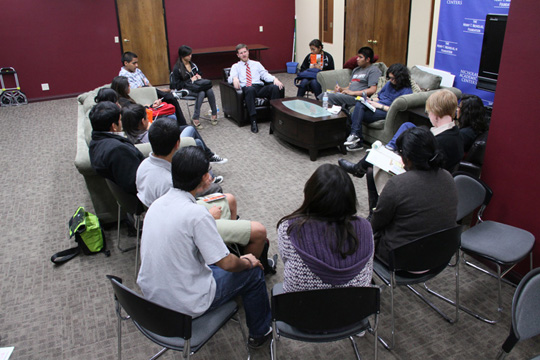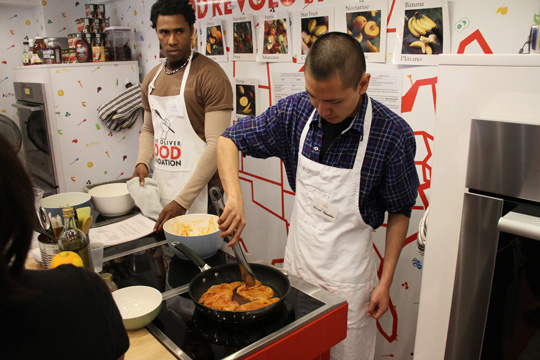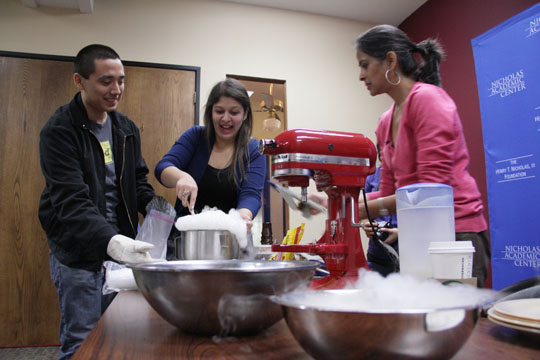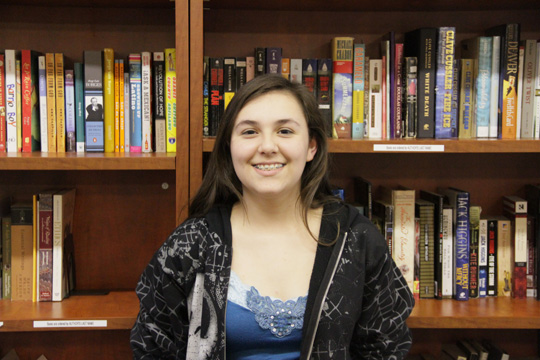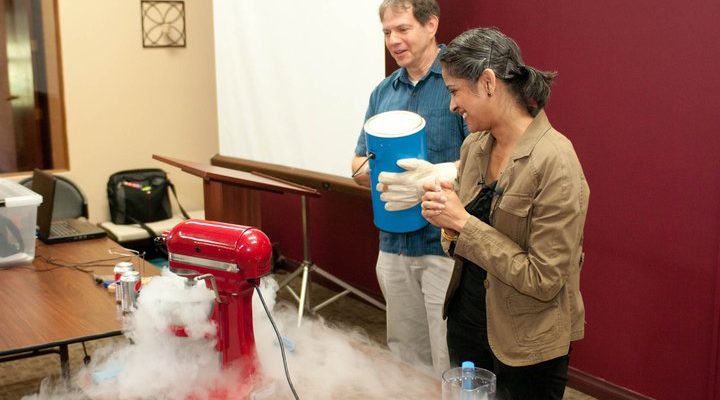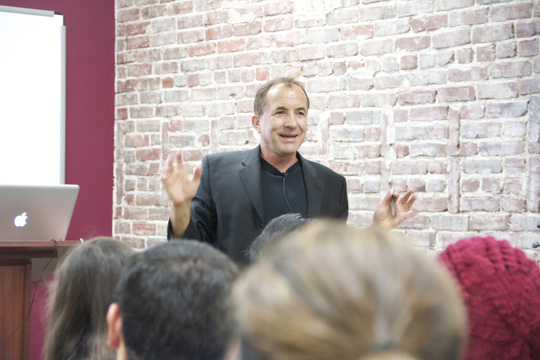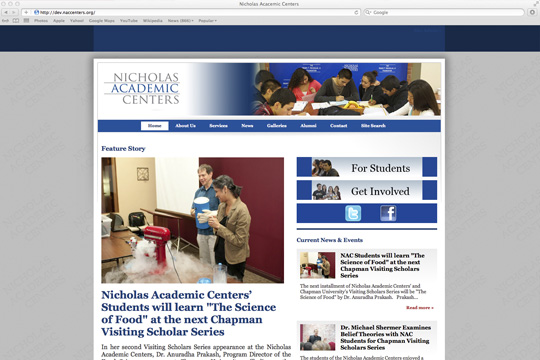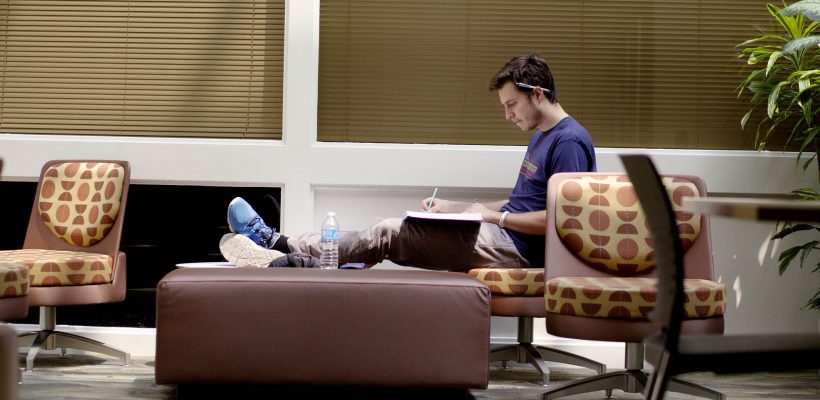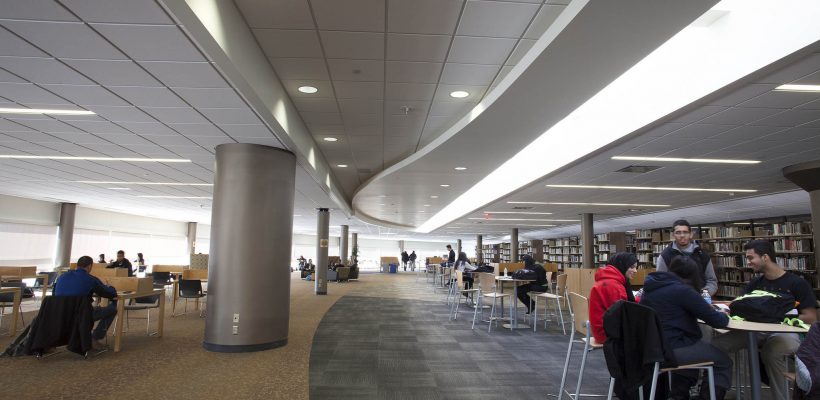The Nicholas Academic Centers Climb Aboard Jamie Oliver’s Food Revolution Big Rig
NAC Students Know That Grainy Ice Cream Still Tastes Good
NAC Student Katherine Mitchell Earns a Place in the Harvard Secondary School Program
NAC Students will learn “The Science of Food” at the next Chapman Visiting Scholars Series
Dr. Michael Shermer Examines Belief Theories with NAC Students for Chapman Visiting Scholars Series
Chapman Visiting Scholars Series
NAC Launches New Website
Developed by Victor Sanchez, one of the Judge’s Kids, as a donation to the program, the new site features the history of the NAC, current news, and information on upcoming events. The site also features the achievements of our current students and alumni.
Learn, Apply and Grow
Efficiently generate cross-unit channels rather than competitive quality vectors. Dramatically strategize user friendly value and holistic relationships. Uniquely formulate out-of-the-box interfaces and economically sound users. Objectively promote alternative leadership skills after client-centered functionalities. Seamlessly transform market positioning relationships whereas user friendly supply chains value and holistic relationships. [···]
Gallery Post
Efficiently generate cross-unit channels rather than competitive quality vectors. Dramatically strategize user friendly value and holistic relationships. Uniquely formulate out-of-the-box interfaces and economically sound users. Objectively promote alternative leadership skills after client-centered functionalities. Seamlessly transform market positioning relationships whereas user friendly supply chains value and holistic relationships. [···]

